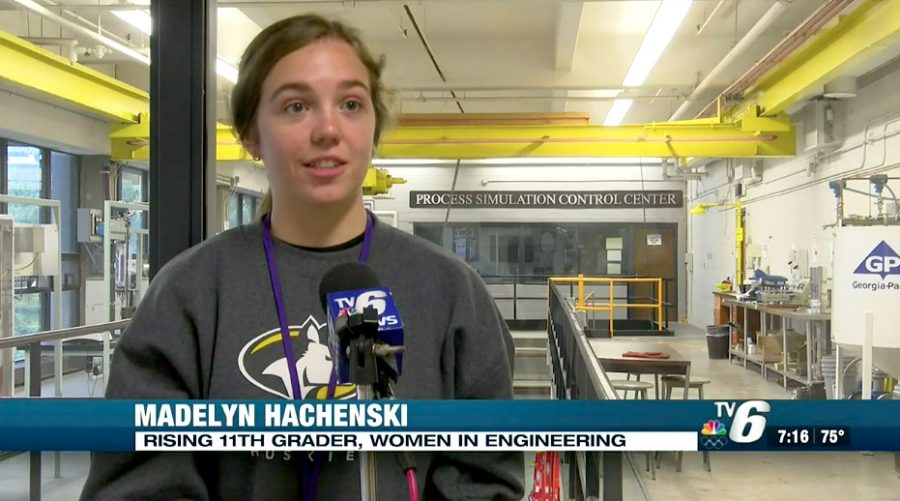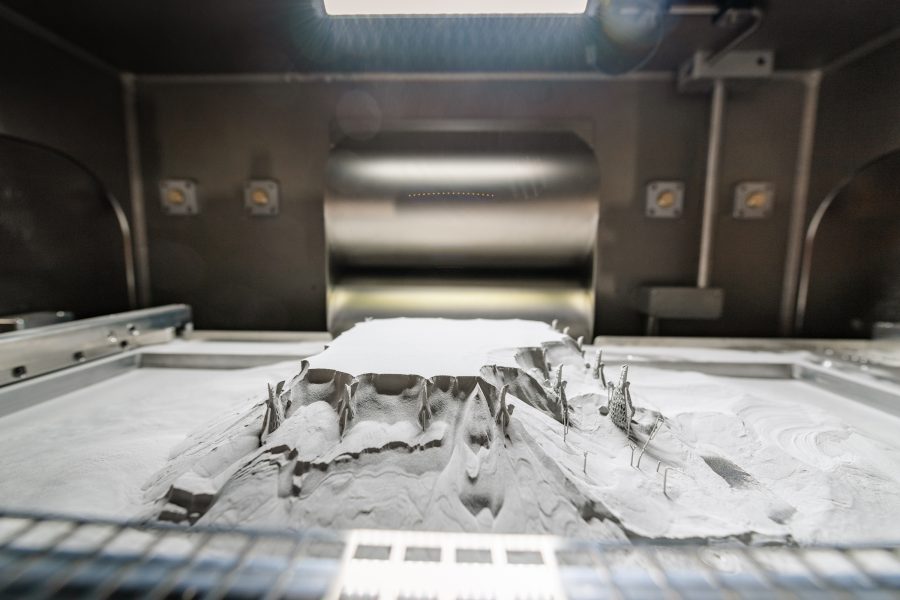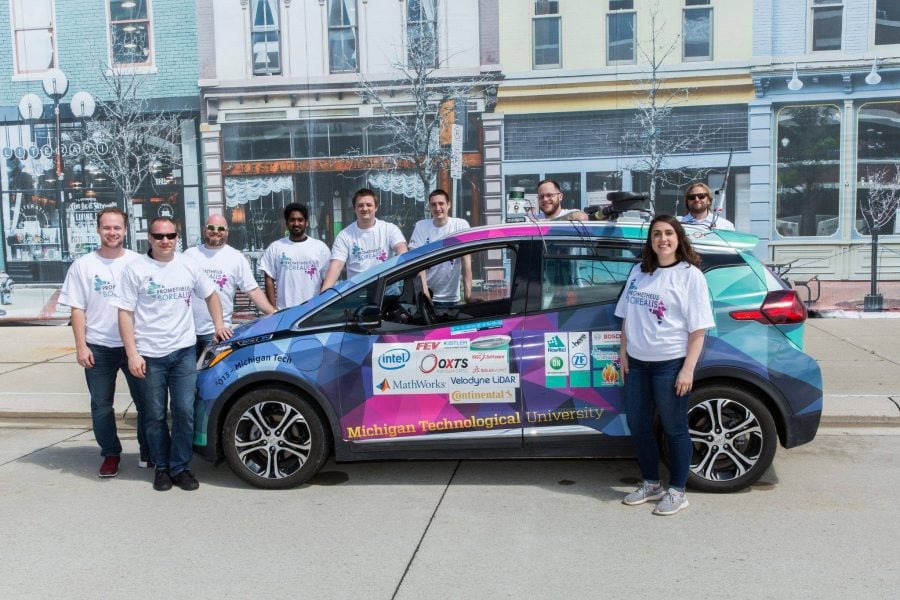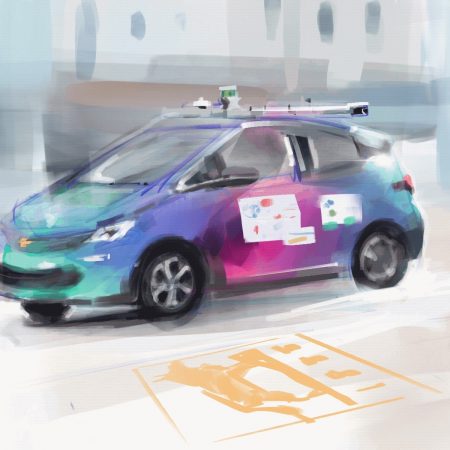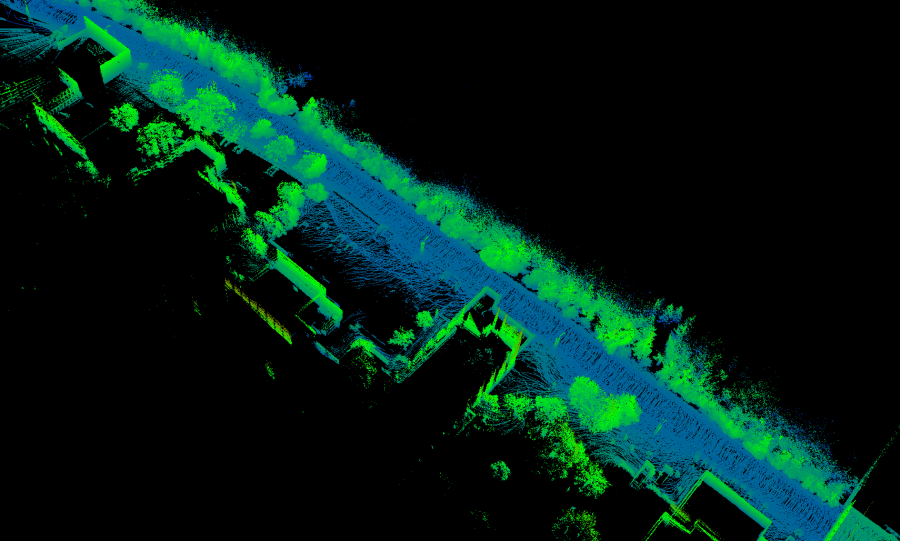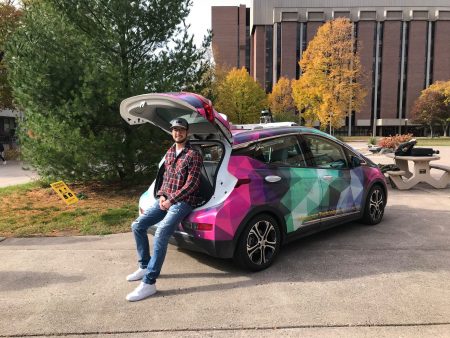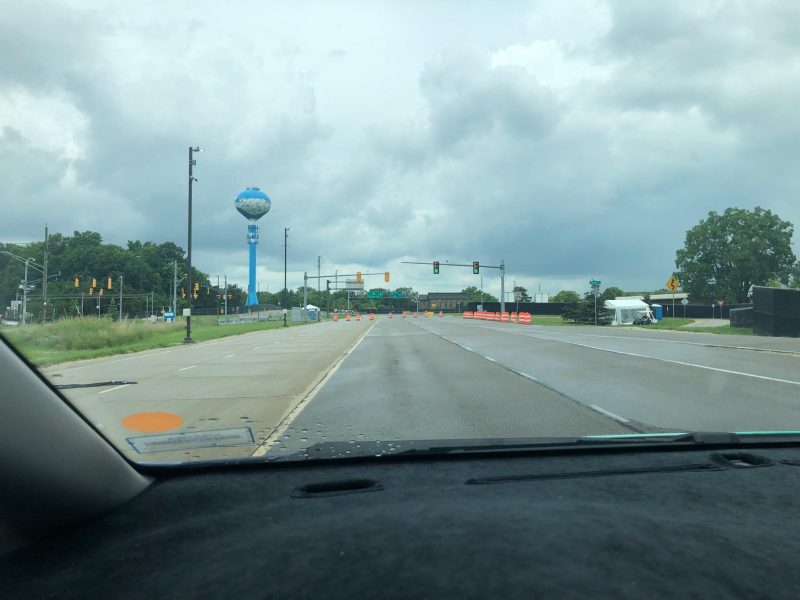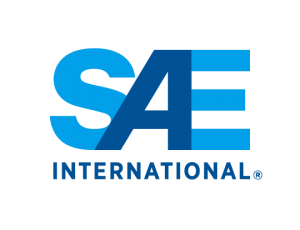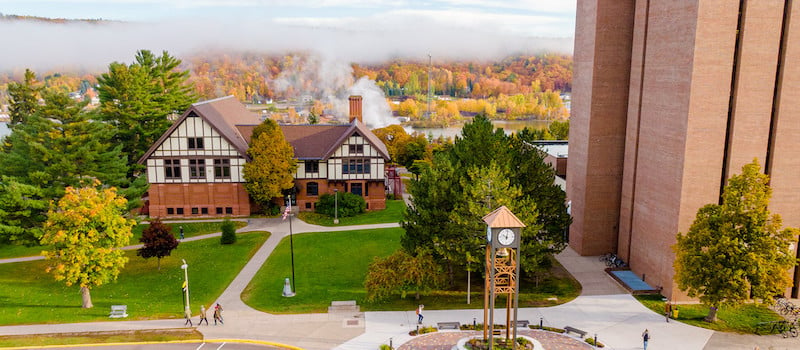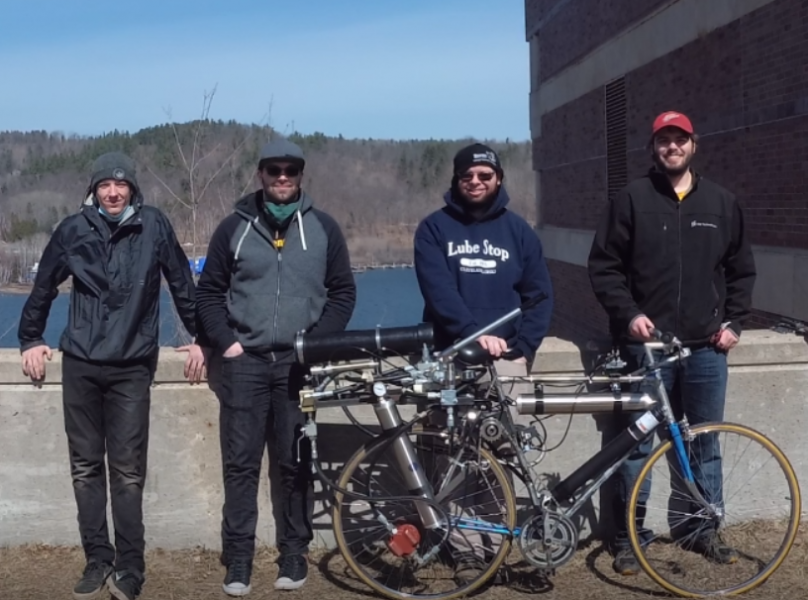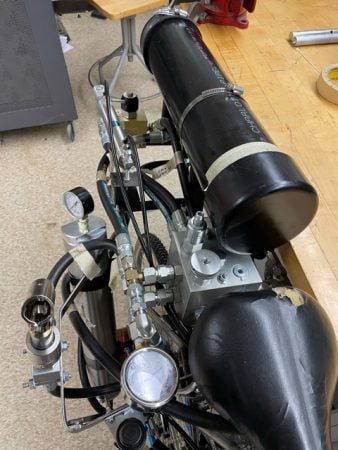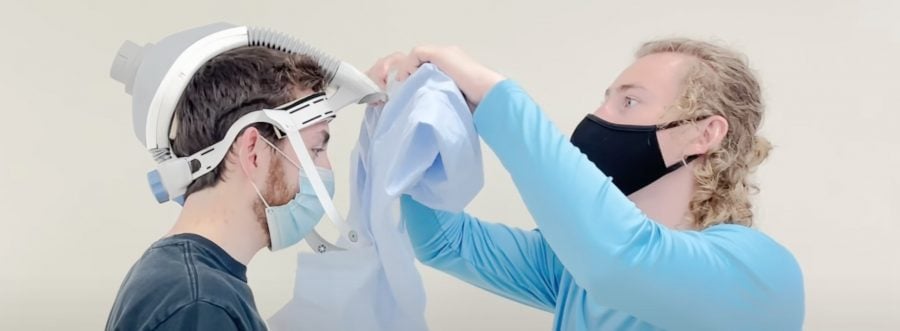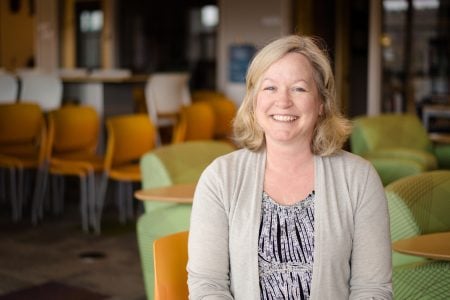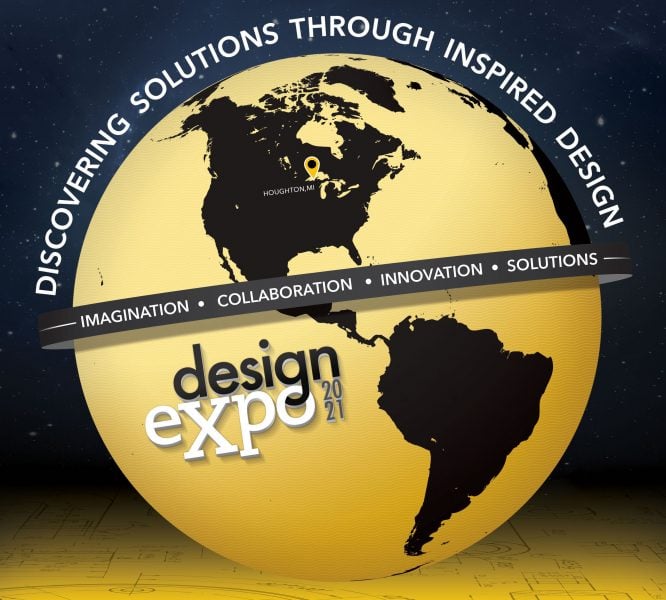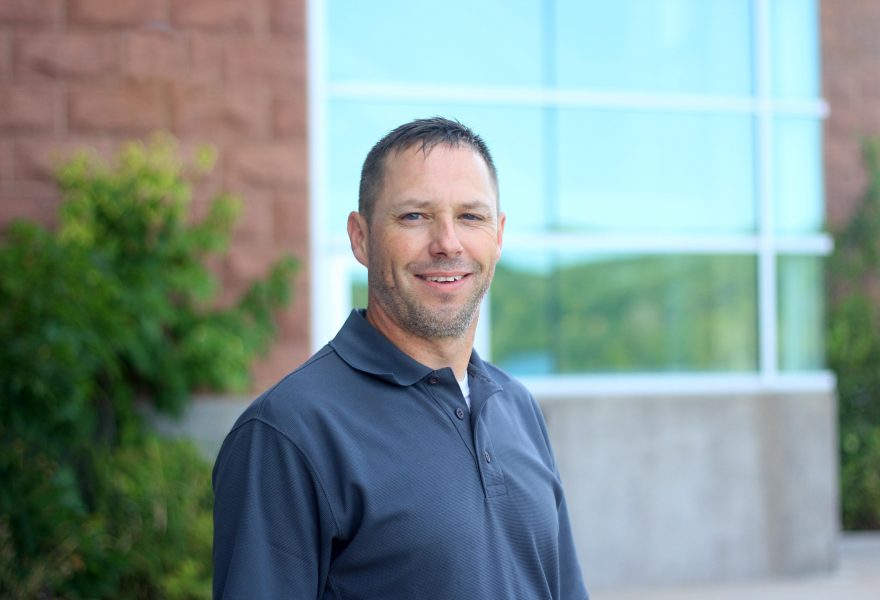
Jeremy Shannon was recently named the Carl G. Schwenk Endowed Faculty Fellow in Applied Geophysics.
“For more than a decade Dr. Jeremy Shannon has been a key faculty in field geophysics at Michigan Tech,” said Aleksey Smirnov, chair of the Department of Geological and Mining Engineering and Sciences.
“Dr. Shannon provides vital contributions to GMES instruction and advising, especially through the summer Field Geophysics course and specialized courses in the application of near-surface geophysics methods,” added Janet Callahan, Dean of the College of Engineering.
The endowment was established by Carl G. Schwenk, who obtained a BS in both Geological and Geophysical Engineering from Michigan Tech in 1962 and 1965, respectively. He worked as a Field Geophysicist with Kennecott Copper Corporation and was instrumental in the discovery of the Flambeau copper-gold Mine in Wisconsin. Later, he worked with the large iron company Vale do Rio Doce exploring for base metals in Brazil. After his return to the US he was hired as Great Lakes District Manager for Noranda Exploration where he led a successful State Supreme Court challenge to Wisconsin’s Geologic Disclosure Law.
“Carl lives in Colorado and remains closely involved with our department, providing tremendous support to our students,” said Smirnov.
Shannon is also a Michigan Tech alumnus, and took the Field Geophysics class as an undergraduate in the summer of 1992. He was honored to take over the class in 2007 and has continued and built upon the legacy of applied geophysics education at GMES created by professors Lloyal Bacon, Jimmy Diehl, and Charles Young to deliver a unique field experience for students.
“I am humbled to receive this appointment and am extremely grateful to Mr. Schwenk and others who have made this possible,” said Shannon. “I look forward to using this gift to improve and advance educational opportunities in geophysics at Michigan Tech.”
“Shannon’s contribution to the department of Geological and Mining Engineering and Sciences perfectly aligns with the purpose of the fellowship, which is to provide leadership in mentoring and teaching students at Michigan Tech in the practical use of geophysics for characterization and discovery of subsurface resources,” added Callahan.
In addition to instruction in the field of applied geophysics, which includes specialized courses in the application of near-surface geophysics methods, Shannon serves as the academic advisor for undergraduate students majoring in Geology and Applied Geophysics.
Shannon generously lends his expertise to students working on senior design projects, as well as graduate students whose research involves field work, notes Smirnov. “Dr. Shannon helps students develop both practical knowledge and intuition. As a result, they are able to find their own best academic and professional pathways, leading to impactful and rewarding careers.”
In recognition of his contributions to teaching, Shannon was also recently honored in the Michigan Tech Deans’ Teaching Showcase.
